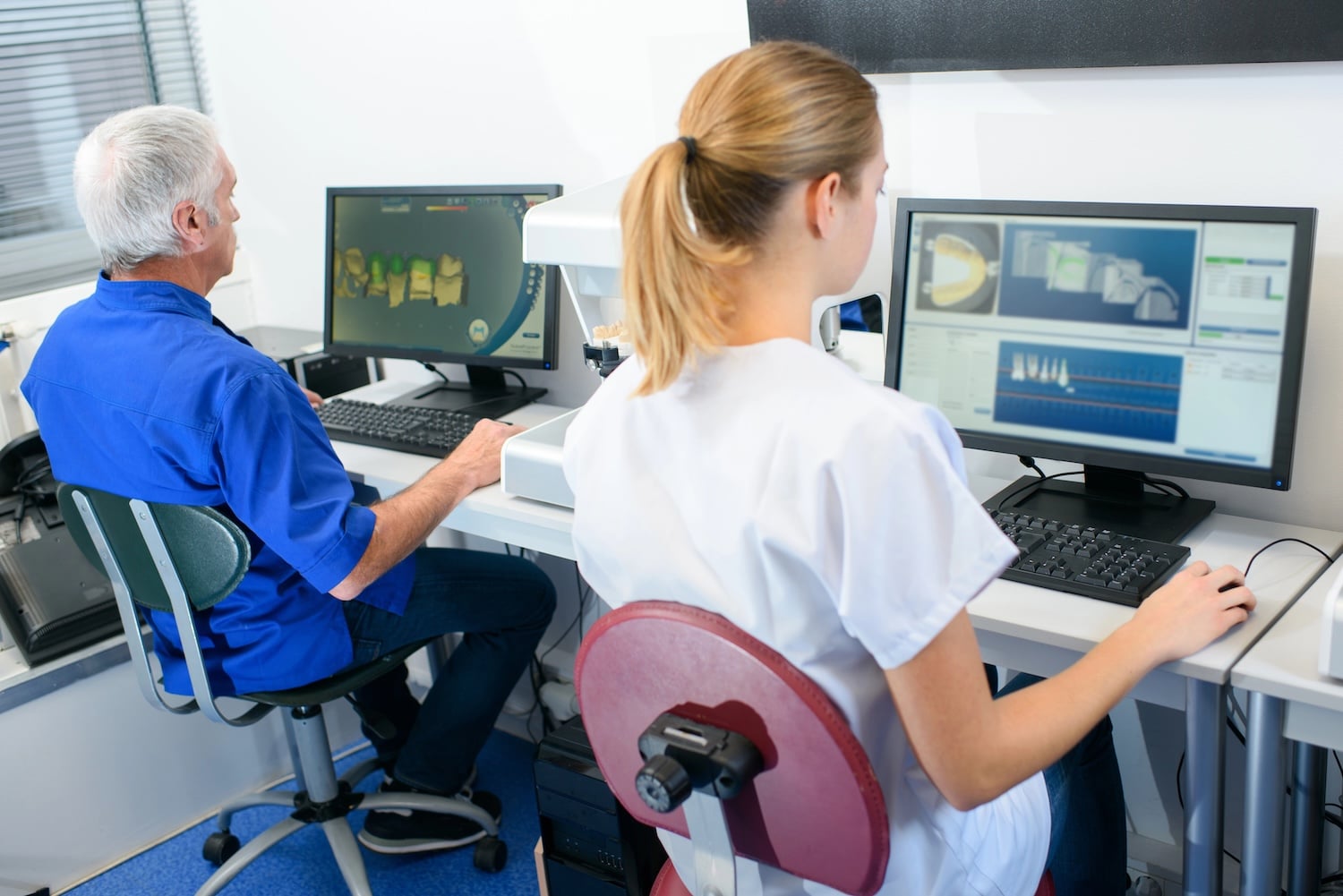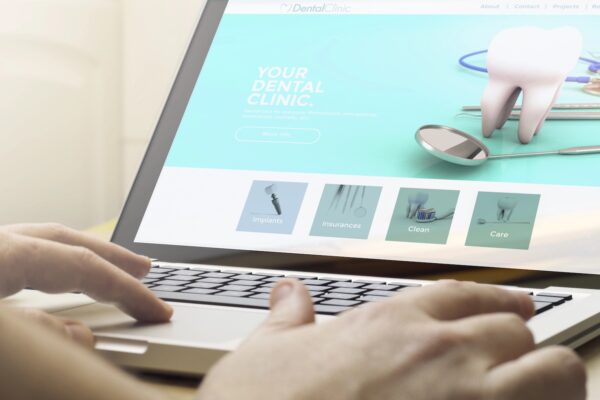Cybersecurity is a critical concern for dental practices, as discussed on our latest Beyond Bitewings podcast. In this episode, Lynn Ledbetter speaks with Duane Gallup of Vital Technology Group, diving deep into the threats dental practices face in today’s digital landscape. This episode sheds light on how dental professionals can protect themselves from ever-evolving cyberattacks.
The Growing Importance of Cybersecurity in Dentistry
With an increasing reliance on technology and cloud-based services, dental practices are becoming more vulnerable to cyber threats. Gallup explained that while practices may already have antivirus software and backup solutions, these basic security measures aren’t always enough to prevent sophisticated cyberattacks. As dental practices handle sensitive patient data under HIPAA regulations, the risk of a data breach could lead to serious legal and financial consequences.
Human Error: The Biggest Weakness
A significant portion of cybersecurity incidents in dental practices are caused by human error. According to Gallup, even the best security systems can be bypassed by users inadvertently allowing access through phishing emails or other scams. For example, a dentist may mistakenly grant access to a fraudulent “QuickBooks engineer,” which can lead to breaches of personal and practice data.
The Role of Secure DNS and Employee Training
One practical solution Gallup discussed is using secure DNS (Domain Name System) services to ensure that employees don’t accidentally visit malicious websites. He emphasized the importance of constant monitoring and educating staff to recognize phishing attempts and suspicious online activity. Gallup’s company even offers ‘ethical hacking’ to test an organization’s vulnerabilities through simulated phishing attacks.
The Complexity of Compliance
Beyond just basic cybersecurity measures, dental practices need to ensure they comply with HIPAA and PCI regulations. Gallup noted that many dentists try to handle compliance themselves, which can be overwhelming and lead to mistakes. He recommends outsourcing compliance management to specialized companies or working with an IT service provider who understands the dental industry.
Why This Matters for Your Practice
As cybercriminals become more advanced, dental practices must take proactive steps to secure their data and systems. From using secure DNS services to educating staff and outsourcing compliance management, there are a range of tools and strategies available to protect your practice. By staying ahead of potential threats, dental practices can safeguard both their business and patient data.
For more insights on keeping your dental practice safe from cyber threats, listen to the full Beyond Bitewings episode or reach out to us for tailored advice.




